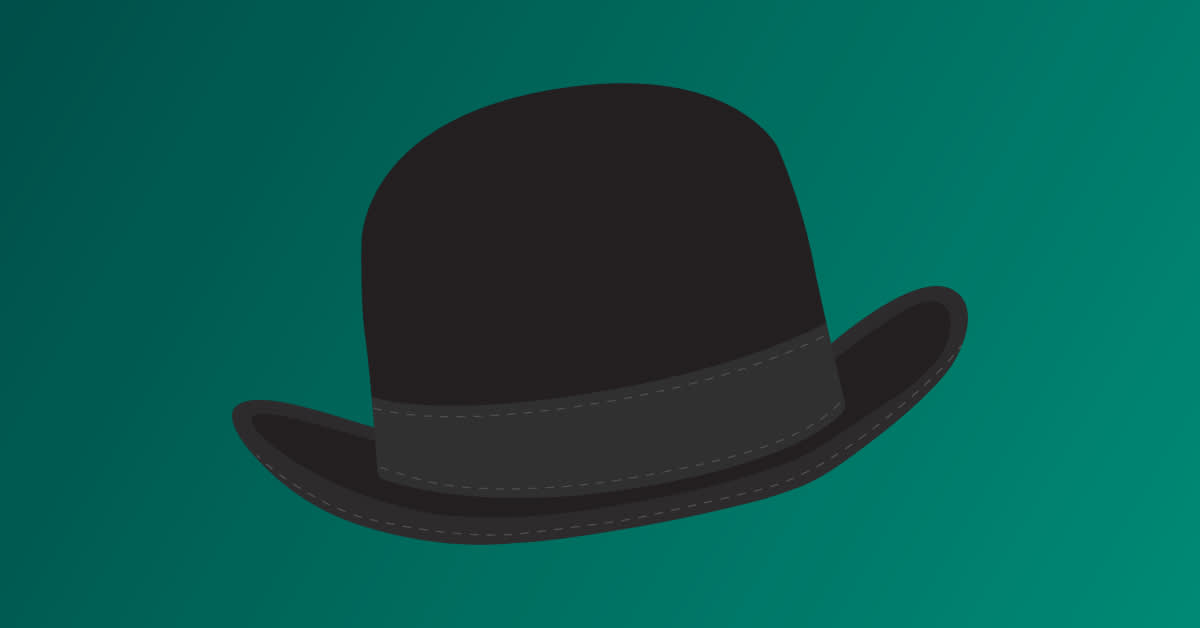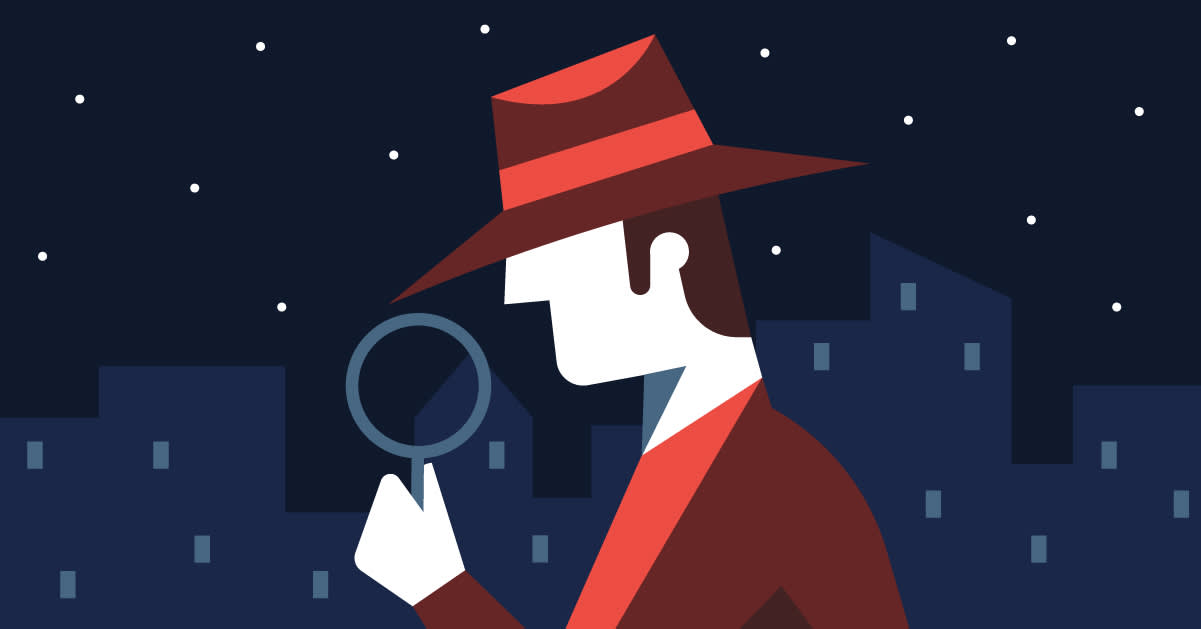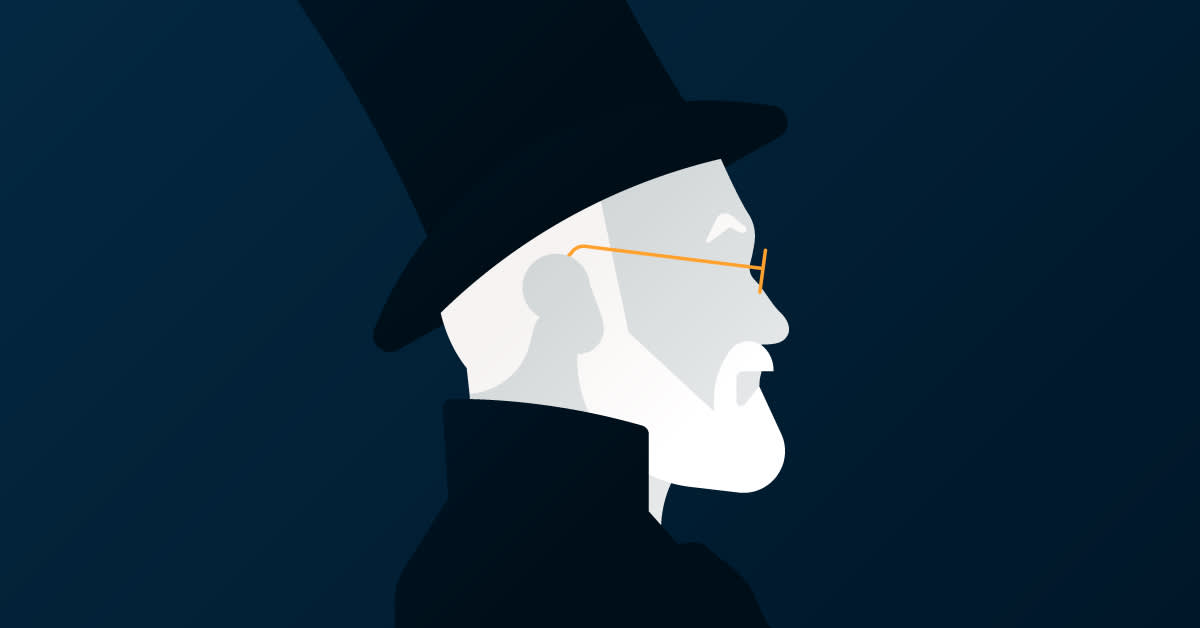Since his debut in the 1887 novel A Study in Scarlet by Sir Arthur Conan Doyle, Sherlock Holmes has become more than just character—he is a veritable cultural touchstone worldwide. The mere mention of his name, or even just the sight of his signature deerstalker hat, is enough to evoke thoughts of logic, justice, and insight.
Holmes has also proven to be quite the versatile figure. Faithful adaptations and extensions of Doyle’s classics are always welcome and quite often excellent, but Holmes can go as far as human imagination dares to take him. Want him to relocate to another continent or another century? That works. How about reimagining him as another species altogether? You can do that too. You can even subvert his story entirely, having him work alongside his most famous nemesis, Professor James Moriarty. (And in fact, the Audible Original podcast Moriarty does just that.)
But who is the man behind the myth? If you want to find out read on—all the essentials you need to know about Sherlock Holmes's character, background, and finest achievements are housed here!
Who is Sherlock Holmes?
Countless fans and scholars have spent decades speculating about the famous detective's past, as there's plenty of room for interpretation based on what little we see in the original Sherlock Holmes books. What we know for sure is that Sherlock Holmes was born in approximately 1854 to a long line of "country squires," as he describes his ancestors in The Greek Interpreter. He speaks very little about his family and interacts with them even less, with the arguable exception of his older brother Mycroft, who appears in three of the original stories.
In college, Holmes was able to solve the case of the Gloria Scott for a school friend, an investigation that convinced him to make a career of detective work. By the time we first meet him in A Study in Scarlet, he has firmly established himself as Sherlock Holmes, consulting detective, and is on the lookout for new lodgings. An acquaintance introduces him to Dr. John Watson, newly returned from the war in Afghanistan, and so the greatest partnership in English literature was formed.
What are Sherlock Holmes's greatest cases?
In a career filled with amazing deductions and thrilling moments, it's impossible to narrow Holmes's achievements down to the highlights. That said, here are just a few of our favorite notable cases:
A Scandal in Bohemia
It's rare that a character's defeat can be categorized as a memorable moment, but in this case, it is more than appropriate. After spending the entire story underestimating and misjudging the target of his investigation, opera singer Irene Adler, Holmes finds himself thoroughly humbled by nothing more than a woman's desire to live in peace with the love of her life.
The Abbey Grange
Holmes is a merciful fellow and will set criminals free if he feels their crimes were justified. Nowhere was this more apparent than in The Abbey Grange, when he learned that a woman's lover had killed her abusive husband—and then let them both go so they could live happily ever after.
The Final Problem/The Empty House
Holmes's devotion to justice led him to sacrifice himself in The Final Problem, when he and Moriarty appeared to fall to their deaths at Reichenbach Falls while locked in battle. But real-life public pressure forced Doyle to revive our favorite detective in a manner that is just as clever as one would expect.
Moriarty
In this reimagining, Holmes (expertly played by veteran voice actor Phil LaMarr) works with Moriarty to prove that he is being framed for murder. But as Moriarty's actions become more and more ethically dubious, Holmes's abilities (and capacity for leniency) will be put to the ultimate test.
Sherlock Holmes's friends and enemies
Holmes's relationships with others, both friend and foe, are part of what make him such an intriguing character. Here are a few of his most important companions and rivals:
John Watson: As Holmes's sometimes-roommate, biographer, and closest confidant, Watson is an indispensable part of his investigations. After returning from the "dead," Holmes arranged for his cousin to buy out Watson's medical practice, just so Watson could come live and solve crimes with him again.
Mycroft Holmes: Seven years Sherlock's senior, Mycroft is, by Sherlock's own admission, far smarter than he. Though friendly enough, Mycroft is also far lazier than his brother and prefers to spend his days at his club rather than hunting down criminals. He also has an important but vaguely defined position with the British government.
Professor Moriarty: Though barely appearing in the original stories, subsequent adaptations have elevated James Moriarty, brilliant math professor turned "Napoleon of crime," into the greatest nemesis of Holmes's career. (In Moriarty, the relationship between these classic antagonists takes on a new dimension, with the two of them collaborating, and ultimately clashing, over how to clear Moriarty's name.)
Sherlock Holmes's skills and abilities
We all know Holmes is a master at logical reasoning, but what else can he do? Lucky for us, Watson conveniently compiled a list of his strengths and weaknesses in A Study in Scarlet.
For starters, Holmes is a very good violin player, and he is highly knowledgeable of all subjects pertaining to his work, including chemistry, law, and poisons. He is physically strong, able to box, play singlestick, use a sword, and even unbend a twisted poker with his bare hands. In stories set after his retirement to Sussex, we learn that he is an avid beekeeper.
Among Holmes's greatest weaknesses is his drug dependency. Typically, he is said to take cocaine when bored, but, canonically, he also indulged in morphine. He is prone to spending days "in the dumps" and to inadvertently starving himself when fully engrossed in a case. In modern terms, it would seem Holmes is struggling with his mental health, though different listeners and scholars have speculated on different diagnoses.
Best Sherlock Holmes quotes
"'My mind,' he said, 'rebels at stagnation. Give me problems, give me work, give me the most abstruse cryptogram or the most intricate analysis, and I am in my own proper atmosphere. I can dispense then with artificial stimulants. But I abhor the dull routine of existence. I crave for mental exaltation. That is why I have chosen my own particular profession—or rather created it, for I am the only one in the world.'" —The Sign of the Four
"'Our highest assurance of the goodness of Providence seems to me to rest in the flowers. All other things, our powers our desires, our food, are all really necessary for our existence in the first instance. But this rose is an extra. Its smell and its colour are an embellishment of life, not a condition of it. It is only goodness which gives extras, and so I say again that we have much to hope from the flowers." —The Naval Treaty
"There’s an east wind coming all the same, such a wind as never blew on England yet. It will be cold and bitter, Watson, and a good many of us may wither before its blast. But it’s God’s own wind none the less, and a cleaner, better, stronger land will lie in the sunshine when the storm has cleared. Start her up, Watson, for it’s time that we were on our way. I have a check for five hundred pounds which should be cashed early, for the drawer is quite capable of stopping it if he can." —His Last Bow
Eileen Gonzalez is a freelance writer from Connecticut. She has a Master's degree in communications and years of experience writing about pop culture. She contributes to Book Riot and Foreword Reviews.






